The Barnstable Patriot
50,000 oysters to grow in Hyannis tank
The Massachusetts Oyster Project and Barnstable Clean Water Coalition (BCWC) have partnered on a project to raise 50,000 oysters in a tank located at Gateway Marina in Hyannis.
Water from Hyannis Harbor will be pumped into a tank (known as an upweller), circulated through silos containing the oysters, and released back into the harbor.
In all, 50,000 oyster seed — called spat (measuring approximately 1-5 millimeters in length) — were placed in the Hyannis upweller July 27.
“BCWC is excited to partner with Mass Oyster to educate the public on the many benefits oysters provide to our coastal environments and to restore native oyster populations to Barnstable waters,” said Zenas Crocker, executive director of BCWC.
Oysters make a significant contribution to removing nitrogen, the main culprit for declining water quality on Cape Cod, according to Crocker.
Mass Oyster and BCWC aim to further their knowledge of oysters’ impacts on water quality by collecting samples and data from this system and surrounding waters.
They will utilize the publicly accessible and highly visible site to educate visitors and the public on the social, economic, and environmental benefits provided by oysters.
In the fall, Mass Oyster and BCWC will work alongside the Town of Barnstable to relocate the oysters to appropriate sites where they can continue to filter the water and enhance habitat until they become harvestable size.
According to the BCWC, an upweller is a large box through which seawater continually gets pumped. Inside the box are buckets with spat. The water gets pumped from the harbor on one side, rises through the oysters in the buckets, enters a trough, and flows out of the box. By having water continuously flowing over the seeds, the spat are provided with a constant food source.
The BCWC also pointed out the many benefits of oysters. First and foremost, a single oyster can filter up to 50 gallons of water per day. The process removes nutrients — nitrogen and phosphorous — as well as sediments from the water column. Additionally, they serve as a buffer against ocean acidification. Oysters shells will dissolve in water over time and release calcium carbonate, thereby helping to balance the pH of the ocean.
Oysters were donated from Muscongus Bay Aquaculture.
BCWC will be giving weekly public presentations on the tank.
Visit www.BCleanWater.org or www.MassOyster.org for more information.
The Barnstable Patriot – 50,000 oysters to grow in Hyannis tank
